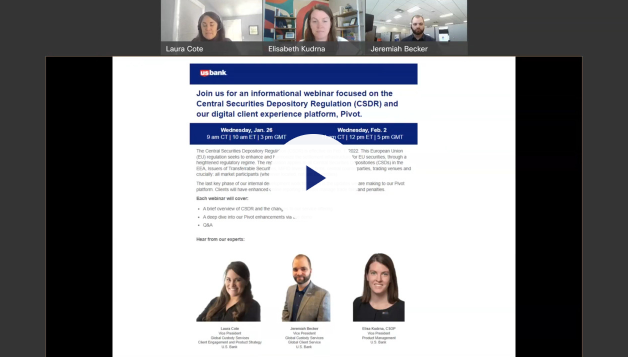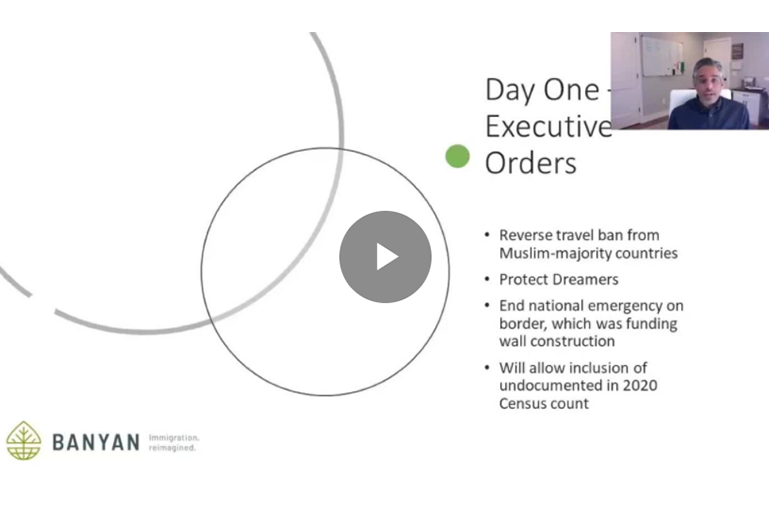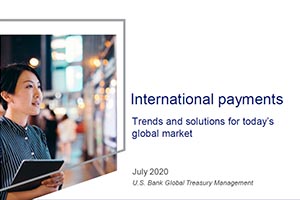Investors worldwide are showing support for responsible investing by prioritising the European Commission’s environmental, social and governance (ESG) agenda. Learn what managers need to know about new disclosure regulations taking effect this year.
Global momentum for sustainable investing is growing – with Europe leading the way. In March 2018, the European Commission issued its Sustainable Finance Action Plan. The plan laid out three legislative proposals aimed at the following:
- Implementing a Sustainable Finance Disclosure Regulation (SFDR), which requires disclosures relating to environmental, social and governance (ESG) factors:
- Creating an EU sustainability taxonomy
- Creating low carbon and positive carbon impact benchmarks
In this article, we’ll explore how SFDR, also known as the “disclosure regulation,” impacts managers and what support they should look for from their service provider.
What is SFDR?
SFDR requires managers to disclose how ESG considerations factor into their decision-making processes. The regulation applies to all asset managers whether or not they have an ESG or sustainability focus. It assigns different requirements and implementation timeframes for disclosures, prospectuses, websites and periodic reports.
“With a compliance date of 10 March 2021, managers should have taken steps by now to meet the SFDR’s high-level and principle-based requirements,” said Breda Sullivan, U.S. Bank head of depositary services – Europe. “And in Europe, managers will have updated their fund prospectuses by now in line with regulatory requirements.”
In addition, a second set of compliance requirements will go into effect 1 January 2022 related to disclosures in periodic reports of ESG-focused products.
The impact to asset managers
The European Supervisory Authorities (ESAs) – under various provisions of the disclosure regulation – are mandated to specify what information must be disclosed in level 2 technical standards. A draft of regulatory technical standards (RTS) has already been issued as part of a consultation process, and the final RTS is expected by mid-2021. These level 2 technical standards will go into effect at a later stage in the process and provide the specific details that apply.
As mentioned earlier, the disclosure regulation contains requirements that apply to all asset managers (even those who don’t have an express ESG or sustainability focus). Beyond that, it requires additional disclosures from what are often referred to as “Article 8” and “Article 9” funds.
- Article 8 funds (or “light green funds”) are funds that promote, among other characteristics, environmental and social characteristics (or a combination of those characteristics, provided the companies invested in follow good governance practices).
- Article 9 funds (or “dark green funds”) are funds that have sustainable investment as their objective.
Data as the critical element
In this environment, it’s important for asset managers to consider what type and level of information they’ll need for a comprehensive ESG portfolio data framework. The marketplace is full of vendors, so as you assess specialist data sources, be sure to consider current and anticipated investor and regulatory requirements.
“ESG data currently spans a wide spectrum of non-standard criteria,” says Alan Doyle, head of strategy at U.S. Bank Global Fund Services. “At U.S. Bank, our product strategy integrates best-in-class ESG vendor data, leverages our client data platform and enables a comprehensive ESG dataset for our U.S. and European clients’ needs.”
When evaluating partners, look for one with a robust databank.
“The stronger the databank, the better we, as depositary, are able to oversee and test compliance for ESG-focused funds,” says Sullivan.
You should also consider what measures they’re taking, if any, to expand and enhance their ESG support.
“As a service provider to European-regulated structures in Ireland and Luxembourg, we’re actively exploring further investor, regulatory and client reporting use-cases by way of output,” says Doyle.
The importance of an ESG-focused partner
Some administrators are better prepared than others to support the data and disclosure needs associated with ESG investing. By working with a firm that demonstrates solid leadership in sustainability and climate action, you can place greater confidence in their ability to guide you forward.
Look for a partner with these three attributes:
- Proactive data specialization
- Environmental leadership
- Ethical business practices
“At U.S. Bank, we were proud to be one of only six financial companies on CDP’s A-List for climate action leadership in 2020,” says Sullivan, “and to be named as one of Ethisphere’s most ethical companies in 2022 for the eighth consecutive year.”
Sustainability initiatives will continue to gain momentum, so it’s important to find a forward-looking partner with the expertise to help you navigate evolving requirements. By supporting responsible investing, you can reap immediate benefits and help build a stronger future for the industry and the planet.
U.S. Bank offers customized operational solutions combined with the strength and security of a major financial institution. To learn more, visit our website or connect with our team.


































































































